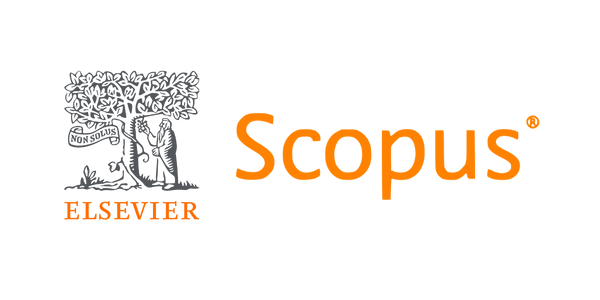Prevalence and determinants of foetal outcome among teenagers delivered in a tertiary health facility in South-South Nigeria
DOI:
https://doi.org/10.61386/imj.v15i1.231Keywords:
Adolescent, Teenage, Pregnancy, OutcomeAbstract
Introduction: Teenage pregnancy is considered a high-risk pregnancy associated with foeto-maternal complications arising from biological and socioeconomic factors. The foetal outcome may be affected by factors yet to be studied in our environment.
Materials and Methods: This was a retrospective review of 101 teenage pregnancies admitted for delivery into the maternity unit of the University of Uyo Teaching Hospital, Uyo over a 5-year period.
Results: The number of deliveries per year range between 320 and 2052, with teenage birth between 3 and 40 per year giving a teenage delivery rate of 0.9 to 1.9%, with a mean prevalence of 1.34%. Their ages range between 13 and 19years, with the majority, 90(89%) of them being between 16 and 19 years old; and a median age of 18 years. Eighty-five (84.2%) of them were primiparous. The majority (56.4%) of the pregnancies was booked and the Caesarean section rate among the teenagers was 41.6%. Having the pregnancy booked and receiving antenatal care (Df=1, P value=0.002+), Apgar score at 1 minute (X2=-5.558, P value> 0.0001+) and placental size above 500g (X2 =5.2017, P value=0.023+) were associated with babies being born alive.
Conclusions: The teenagers delivered during the study period were mostly in their late teen ages, booked/received antenatal care and had surgical intervention for delivery of mostly live fetuses of normal weight related to placental weight and Apgar score at one minute.
Published
Issue
Section
License
Copyright (c) 2022 Abah MG, Edu EB, Abah IG, Motilewa OO

This work is licensed under a Creative Commons Attribution 4.0 International License.










